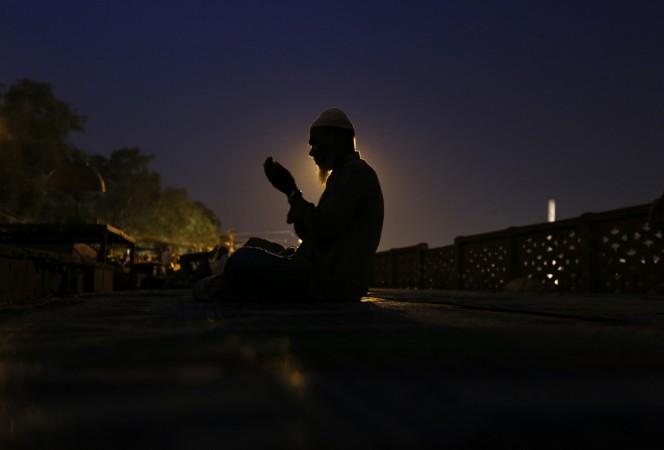
Ramadan is an entirely unique month for Muslims compared to all the other months. During Ramadan, which is to be the holiest month of all, the rewards are offered in abundance, but they do not come without going that extra mile.
Read: When is Ramadan 2017? Dates, time-table and everything else you need to know
The biggest highlight of the month of Ramadan, also called Ramzan in some countries, is fasting or "sawm" in Arabic, where Muslims abstain from food and water from dawn (fajr) till sunset (maghrib). It can be a challenging task as it entirely changes the everyday schedule that is followed for the remaining 11 months.
Refraining from eating or drinking anything throughout the day can get exhausting. But fasting teaches self-discipline, self-control and puts Muslims in the shoes of the needy among other spiritual merits one gains from the self-sacrificing act.
Fasting during the month of Ramadan is mandatory for all Muslim individuals, except for those who are physically ill and elderly. Fasting is also excused for menstruating women, who can fast on another day of the year, and same goes for those traveling long distances, which ranges between 27.5 miles to 50 miles.
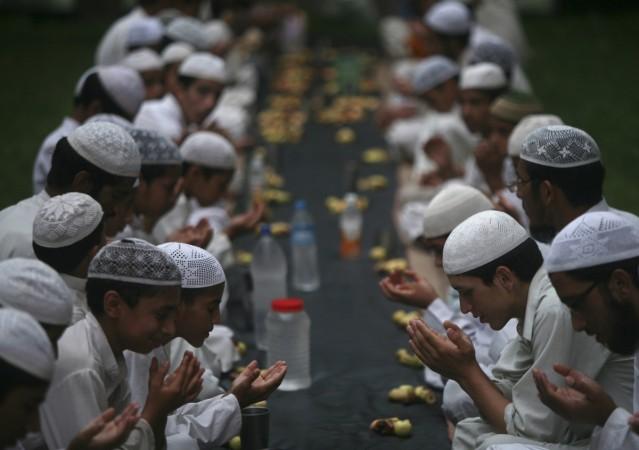
Ramadan, like other Islamic months, is followed based on lunar cycles. This means every year Ramadan falls 11 days early on Gregorian calendar. Fasting during summer can be quite a challenge, especially in countries where the duration between sunrise and sunset can span nearly 22 hours. So here are some helpful tips to stay healthy and survive the long hours of fasting without giving up.
Early morning meal: Also known as suhoor, is extremely important and fasting individuals must not miss it. This meal is eaten at least 30 minutes before sunrise, so the body gets essential nutrients to survive throughout the day. It is recommended that Muslims eat healthy food during this early hour. Fruits, vegetables, and fibre-rich foods are recommended since they digest slowly and release controlled energy throughout the day. It is not a good practice to eat more than your appetite, even though you will be without food and water for the rest of the day.
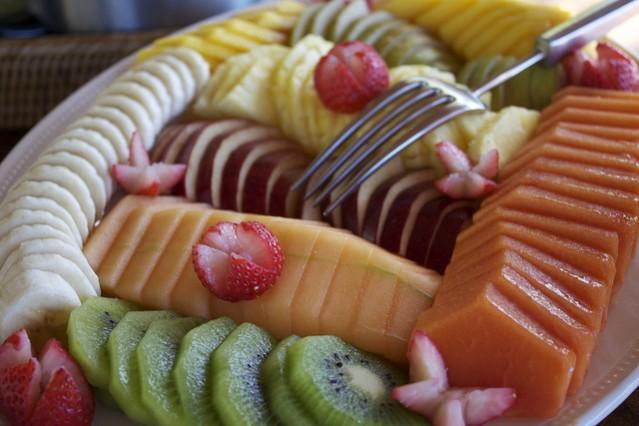
Breaking fast (Iftar): It is evident one can be starving towards the end of a fast, but that doesn't mean you get your hands on everything you find. It is a common practice to break the fast with dates, which is rich in potassium, fibre and magnesium. Whole grains and fibrous foods with protein and healthy fats can keep your blood sugar levels stable. Eat slowly and avoid excessive oil foods to prevent indigestion. Fasting is not a one day deal, it goes on for up to 30 days, so it is important to stay healthy throughout the month if you do not wish to miss even a single fast.
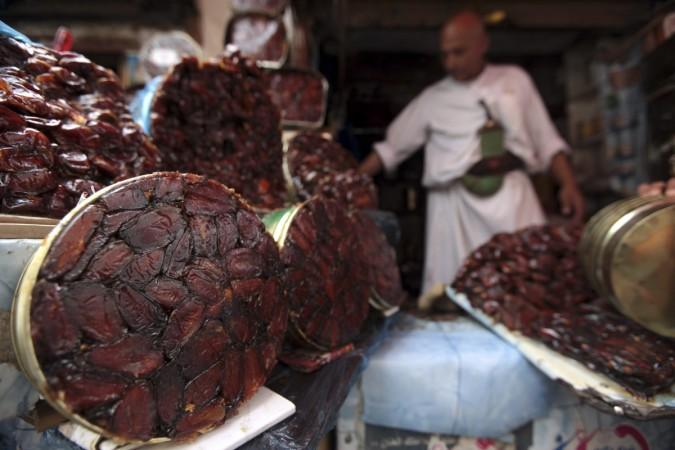
Drinking adequate amount of water: Drinking water to stay hydrated is extremely important. Since you cannot drink water or any liquids during the day, try finishing at least 8 glasses of water between the hours of iftar and suhoor. Fresh juices, soups and milk can be good additions, and it is best to avoid caffeinated drinks such as coffee, tea and aerated drinks.
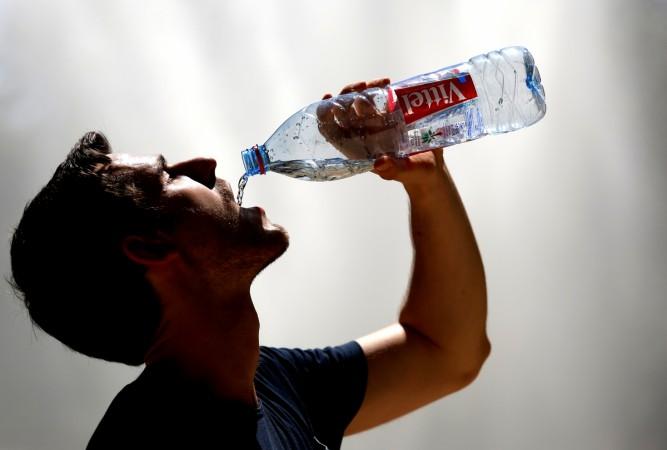
Balancing between rest and exercise: It is understandable if you feel low on energy during day hours in Ramadan. Your body is not accustomed to go without food and water for extended hours, but that should not give you a reason to rest all day and night. Follow a timetable to get 6-8 hours of sleep in a day, and limit your exercises to minimum like walking and yoga instead of those weights. Avoid activities that will tire you out, and crave thirst.
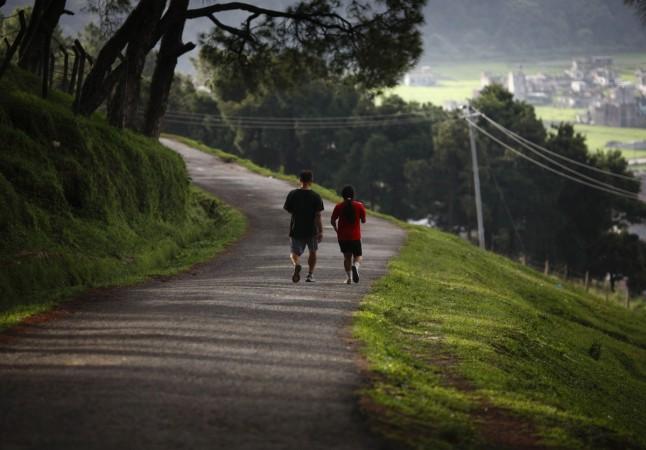
It's best to exercise in late-night hours or before the predawn meal in the morning as it is easy to get hydrated with food and liquids.

















